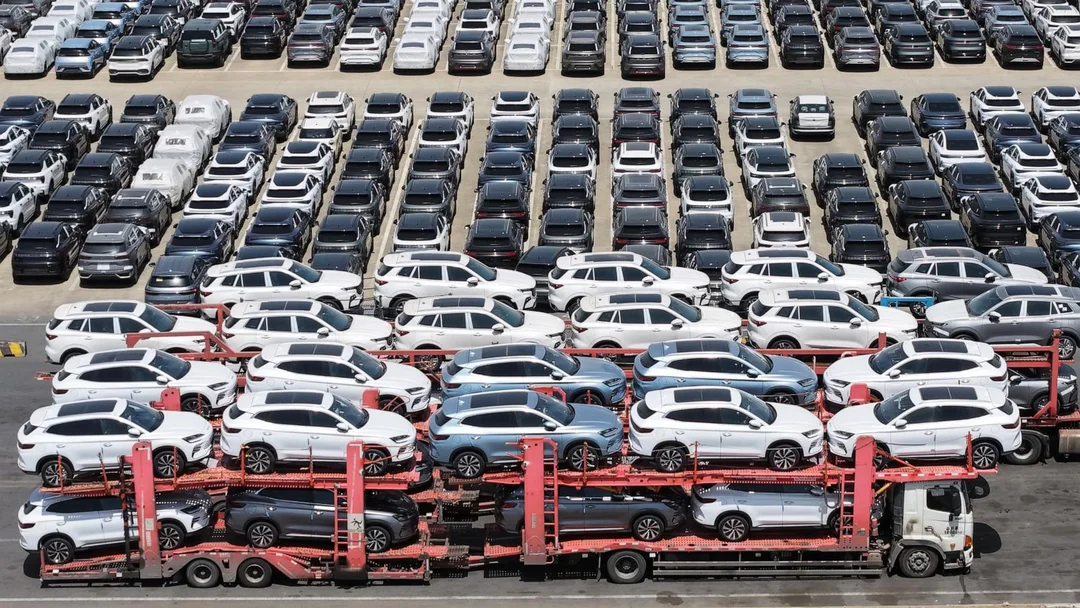
What Lies Ahead: Will Trump’s Tariffs Create Economic Turmoil This Summer?
Recent statements from the Federal Reserve Bank of Chicago suggest an unsettling forecast for the U.S. economy as the impact of President Donald Trump's tariffs begins to ripple through various sectors. Austan Goolsbee, the bank's president, highlighted the prospect of an "artificially high" level of economic activity in the coming months, driven primarily by panic buying and inventory stockpiling by businesses and consumers alike.
In an interview with CBS' "Face The Nation," Goolsbee warned that the current surge in purchasing could lead to a significant economic slowdown by summer. Notably, many U.S. businesses are accelerating their purchasing decisions ahead of anticipated tariff hikes, particularly in manufacturing sectors like automobiles, where goods heavily reliant on imported materials are at risk. The automotive industry, for instance, is reportedly bracing for a further increase in tariffs on components sourced from China, which currently face a staggering 145% total tariff rate.
The anticipation of a tariff increase is prompting business owners to stockpile goods now, sparking a fear that this could lead to inflated economic indicators in the short term but ultimately result in a drop-off as summer approaches. Goolsbee's analysis suggests that while immediate readings may appear promising, the sustainability of this activity remains in question. "We might see activity looking good now, but by the summer, people may have already purchased all they need," he explained.
In the context of assessing the damage caused by the tariffs, companies are also closely watching purchasing managers' indexes (PMI) expected to be released soon. Analysts predict significant declines, with manufacturing projections falling to 49.4—indicating contraction—while the services sector index is expected to drop to 52.8. These shifts signal rising concerns over customer demand and the adverse effects of the tariffs on business sentiment.
Despite the clouds of uncertainty, Goolsbee expressed cautious optimism about the long-term economic outlook. He pointed to favorable metrics like stable unemployment levels and declining inflation rates before the tariff announcements. "If we can navigate through this, it’s worth noting that hard data coming into April was relatively strong," he remarked.
As the 90-day pause on tariffs looms closer to expiration this July, the fate of U.S. economic activities—and potentially global markets—hangs in a delicate balance. Will businesses continue to stock up, or will tensions dissipate? The answers could define not just summer forecasts but also the economic landscape for months to come.
In this dynamically shifting financial environment, lingering questions about the impact of tariffs remain. As businesses adapt to rapidly changing conditions, how will they prepare for potential market contractions? We invite readers to share their thoughts on the effects of these tariffs and what might lie ahead in the comments below.